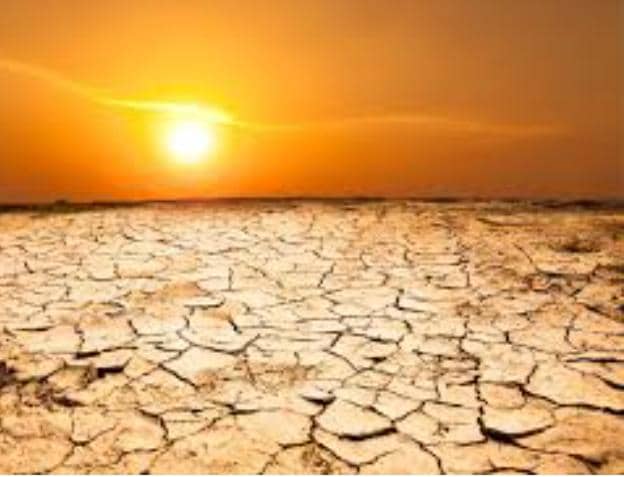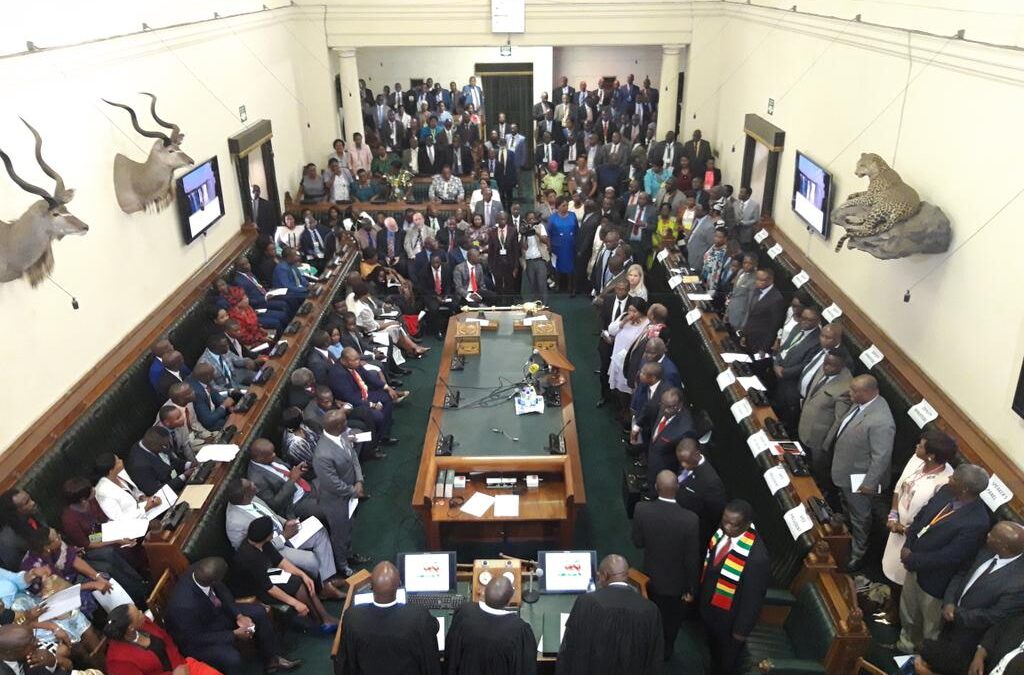ASHLEY MASAKADZA
2023 has been a year plagued with climate change effects, with one of them being excessively high temperatures surpassing the normal 40 degrees Celsius mark.
According to climate expert Chris Hewitt, climate change may not be the only reason for this excessive heat, as Africa is also encountering the El Nino cycle.
“The record high heat we are experiencing is more likely to occur during the El Nino cycle. However, what we may see as changes in conventional climate may have been encouraged by other factors as well,” said Hewitt.
Across the African continent, the effects of this heat have led to the loss of human and animal life due to high temperatures which trigger heat-strokes and dry sources of water to accommodate both specimens.
“The extreme temperatures particularly affected migrant workers in Tunisia, who typically sleep through rough tents in the nation’s capital,Tunis. The whole of Africa has experienced temperatures above 40C, which have had a profound impact on humans and livestock,” said an Al Jazeera weather reporter.
Recently, Africa experienced one of the hottest days with the highest temperatures ever recorded. Humanitarian authorities have reported a growing number of heat-related deaths. Africa’s climate features puts it at the helm of suffering the effects of heat.
According to the WVI (Wise Voter Institute), at least ten countries are suffering the most from high temperatures due to climate change.
“Ten of the hottest countries so far in 2023 in Africa include; Burkina Faso, with temperatures at a maximum of 84.67`F which pose a threat to its agricultural sector.
“Djibouti is also one of the hottest countries in the world. The high temperatures have caused adverse water shortages and health issues. The agricultural sector of the country has also not been spared. With temperatures at 83.3`F, the country is working on harnessing that thermal energy to supply water and energy to keep hospitals running.
Mali has recorded the highest number of deaths caused by excessive heat, with the island suffering a maximum of 83.88 F.
Mauritania is partnering with international organizations to help with renewable energy projects and conservative fishing practices. The country has been facing temperatures that reach a maximum of 83.88`F all year round.
Other countries include Gambia, Niger, Guinea-Bissau, Benin and South Sudan. These countries have recorded high temperatures of 80.0`F which have heavily affected their growth and population sustenance. However, they are working on implementing resolutions that can change their fate amid the heat catastrophe.
Zimbabwe has not been spared from climate change effects. The country is experiencing high temperatures, with some parts of the country like Victoria Falls, Kariba, Gweru and Chiredzi suffering from the effects. The country has resorted to implementing measures to contain the effects of climate change.
Zimbabwe’s Initiative for Climate Action Transparency (ICAT) along with Zimbabwe’s Nationally Determined Contributions (NDCs) ascertained that it is collecting data that will assist in effectively implementing measures that will contain it.
“The support received from ICAT has contributed to the creation and implementation of a firm foundation for Zimbabwe to implement the Enhanced Transparency Framework of the Pris Agreement. Support provided for improving the Greenhouse Gas Inventory Database, NDC Implementation Tracking and enhanced skills to assessing the impact of mitigation options all form part of the critical components required for the country to effectively develop its First Biennial Transparency Report,” said Kudzai Ndidzano, Deputy Director for Climate Change Management.





0 Comments